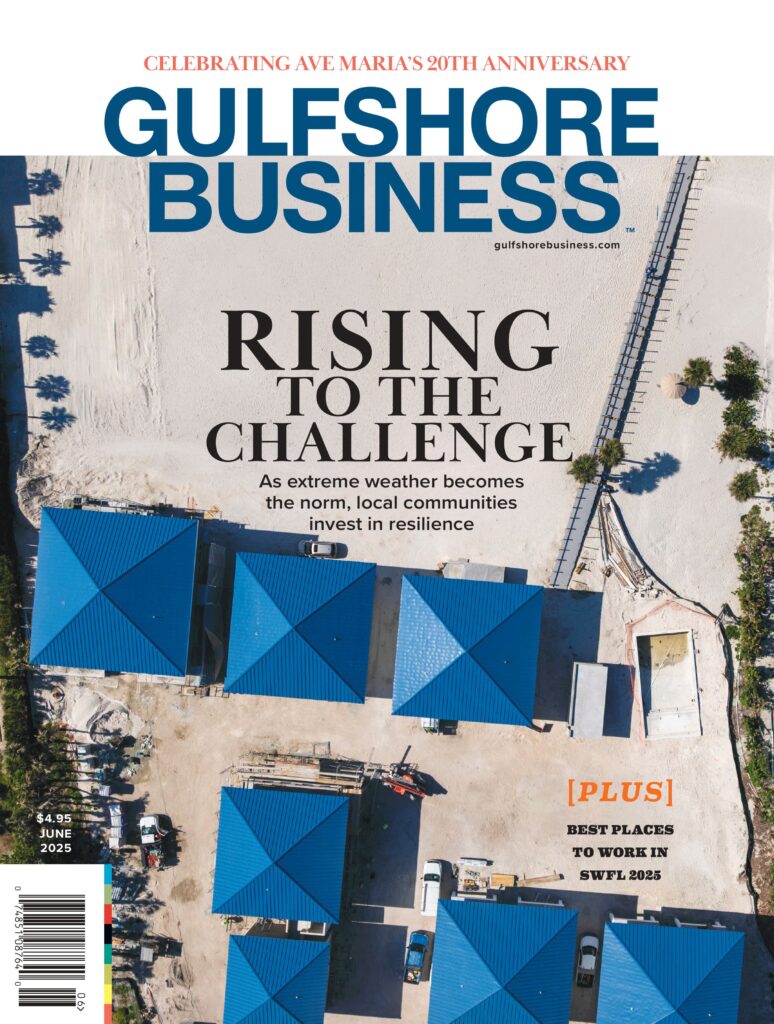Punta Gorda City Council on June 4 will consider repealing its current Land Development Regulations and reverting to those in place before 2023 — a move city officials say could significantly affect how growth is managed, especially in the downtown area.
If reinstated in full, the former regulations would not align with the city’s 2045 Comprehensive Plan. To address this, the city’s Urban Design Division has prepared several options for the council to consider.
“The main difference will be the downtown area — the Traditional Punta Gorda District —which will go back to its previous zoning designations,” Interim City Manager Melissa Reichert said.
The current form-based code for the downtown district has specific guidelines for building forms and has allowances for development mitigation. If a development provides public benefits, such as public parking, docking space and open space, they could be afforded additional height and density.
 “In general, the permitted building height in the current and previous LDRs is similar in most areas without mitigation, but the density currently allowed is more than previously allowed,” Reichert said.
“In general, the permitted building height in the current and previous LDRs is similar in most areas without mitigation, but the density currently allowed is more than previously allowed,” Reichert said.
Taller buildings and higher density allowances in the 2023 LDRs led to a grassroots movement, prompting several residents to run for City Council on the platform of preserving Punta Gorda’s small-town vibe and opposing taller buildings and higher density allowances. Four now hold seats on the five-member City Council.
If the current LDRs are repealed, the allowable density will return to a maximum of 15 units per acre in most areas. The previous LDRs also would reopen the option for Planned Developments, which do not include fixed height limits but would still require public hearings for approval.
“That is not to say that any and all requests for tall buildings would be approved. All requests would be required to go through the appropriate public hearings. There will not be many changes, if any, outside of the TPG area with respect to zoning district regulations,” Reichert explained.
In addition, there would be changes for some homes in the Historic District.
Under current rules, the city maintains a Local Register of historic properties. All homes on that list are also included in the Florida Master Site File, though not all FMSF properties appear on the Local Register.
 If the city reverts to the former LDRs, the Local Register would be eliminated. Instead, properties listed on the FMSF or National Register of Historic Places would be subject to the Certificate of Appropriateness process and potential review by the Historic Preservation Advisory Board.
If the city reverts to the former LDRs, the Local Register would be eliminated. Instead, properties listed on the FMSF or National Register of Historic Places would be subject to the Certificate of Appropriateness process and potential review by the Historic Preservation Advisory Board.
Ultimately, more properties would be protected by the 50% rule, but they would be subject to additional review and requirements. Council could opt to reestablish regulations for a Local Register, Reichert said.
Other proposed changes include disbanding the Planning and Zoning Board in favor of restoring two separate entities — the Planning Commission and the Board of Zoning Appeals. Current board members could be appointed to both groups, with meetings scheduled back to back, or the city could revise bylaws to retain a single board.
Downtown parking rules also would revert. Under the previous LDRs, buildings under 10,000 square feet in the City Center zoning district were exempt from parking requirements. Larger buildings had to provide one space per 1,000 square feet. Parking minimums in other districts varied by use, with industrial zones mostly exempt.
City Council will meet at 9 a.m. June 4 at Burnt Store Presbyterian Church, 11330 Burnt Store Road in Punta Gorda.





